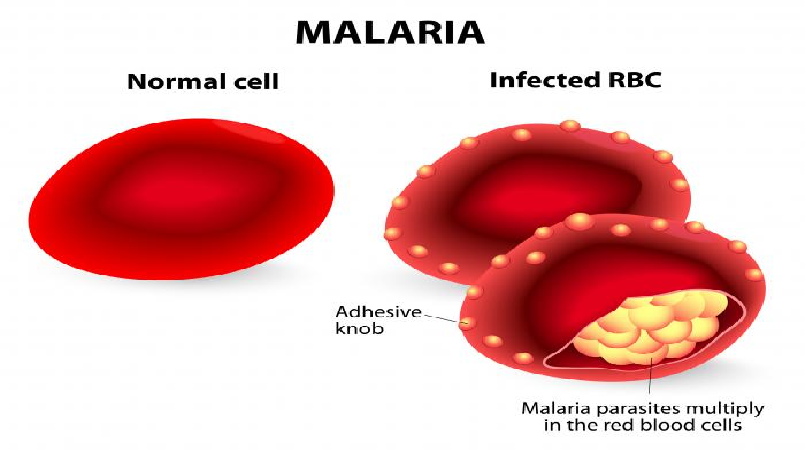
Malaria affects over 90 percent of the total population, says Health Secretary Pascoe Kase.
“On average, each person suffers over three episodes of malaria in a year. This is evidenced by the current approximately 1.7 million clinical malaria cases reported annually in our health facilities,” Kase stated.
On Monday (April 25), the world will observe World Malaria Day, he said. As the country with the highest malaria burden outside Africa, it is fitting that PNG reflects on the country’s malaria burden, achievements, way forward and maintaining the gains achieved so far.
The theme this year is “End malaria for good”.
“Malaria being one of the most common causes of morbidity or sickness, translates to about 10 to 20 percent of all health facility attendances and mortality accounting for about 11 to 18 percent of health facility deaths,” Kase said.
There are many factors that contribute to the malaria problems in the country and this includes:
- Population mobility resulting in dispersal of the parasites across the country;
- Environmental changes due to development activities such as logging, oil drilling, mining, plantation projects;
- Global warming;
- Increased resistance to the treatment;
- General deterioration of the health services; and
- Breakdown of drug supplies in rural areas.
“The number of malaria cases treated in hospitals and health centres have generally increased over the years and hospital admissions and deaths due to malaria also show similar tendency. These increases occur mainly in the highlands where 45 percent of the total population live.
“Since the numbers of malaria cases treated at aid-posts are not included in these figures, the actual incidence of suspected malaria in any year may be far higher than the numbers that are on record.”
However, not all is gloomy, the health secretary said. PNG has been one of the countries that has benefited from external resources, such as the global fund, that has invested large amount of resources to scale up the malaria control strategies.
This is to achieve huge reductions in the malaria burden down to an incidence rate of 1.8 percent, being the lowest for decades.
“Malaria program in PNG had been able to achieve the millennium development goals and we can be proud of this achievement considering the challenges the country faces.
“Over the last few years we have seen a declining trend in the reported malaria cases in the country. This impact has been due to the large amount of resources invested through the global fund grant and other partners. We expect to see further reductions in malaria, especially deaths due to malaria.”
(Malaria is caused by parasites that are transmitted to people through the bites of infected female mosquitoes. Medical News Today)
